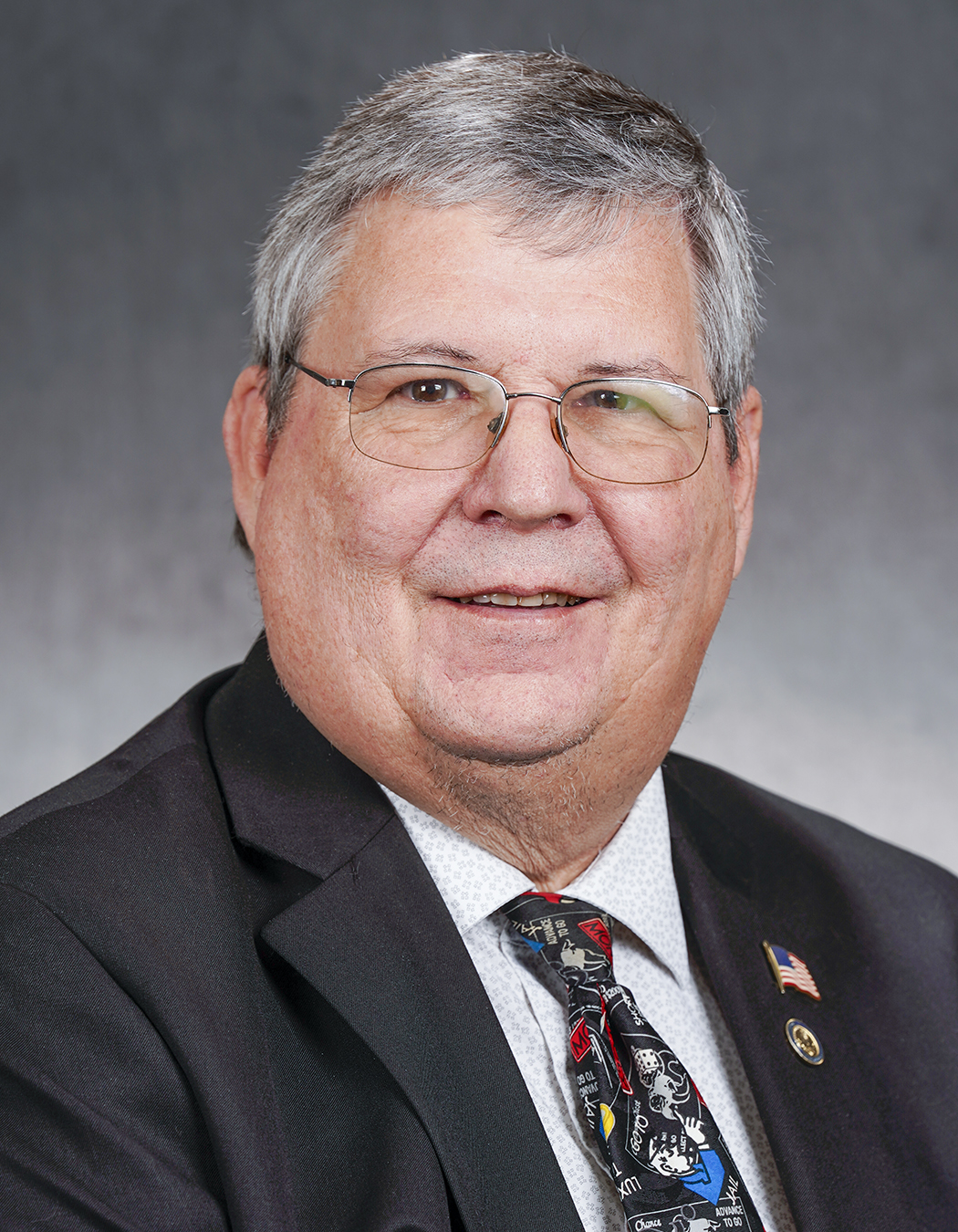Over the past week, the Minnesota House has been approving budget bills within specific areas of state government. This is all part of the process that happens every two years when a new budget must be set based on expected incoming revenues.
With the revenue totals in hand, spending within programs such as education, health and human services, environment, transportation, etc. will have to be determined by the House and Senate and then signed into law by the governor.
Democrats are the majority party in the Minnesota House, so most of the budget proposals we are seeing are heavy on their priorities. And it’s very clear a top priority is increasing taxes.
Let’s begin with the omnibus taxes proposal, a plan no Republican supported.
This legislation raises taxes by more than $1 billion, creates a new income tax tier and would give Minnesota the 2nd highest income tax rate in the country. Please remember that Minnesota’s lowest income tax rate is already higher than 25 other states’ highest tax rate.
The proposal also fails to fully protect all businesses from Paycheck Protection Program (PPP) tax hikes on forgiven loans because they put a cap in place. Impacted business owners who accepted PPP loans last year had to use those funds for business expenses, such as employee wages or rent, which is why Congress ultimately forgave the loans and made them free from federal taxation. Under this plan, numerous job providers would still face state taxation.
Then there is the transportation finance proposal that I recently reviewed. Over the next four years it would result in a $350 million gas tax increase, a billion-dollar light rail tax hike, and hundreds of millions in other fee increases, including an increase to registration and tab fee tax hikes, and an increase to the Motor Vehicle Sales tax.
There is no reason to raise taxes and fees on anyone when people have been struggling financially due to the pandemic. And let’s not forget, Minnesota also has a $1.6 billion budget surplus and billions of dollars arriving from Washington through federal relief. Yet, the House DFL budget has billions of dollars in tax and fee increases. It is very difficult to justify taking more dollars out of our constituent’s pocket when we have such a large surplus and infusion of large federal dollars.
All of these proposals will soon be debated in a joint House/Senate conference committee for each bill, where a compromise plan will be crafted, and then sent back to the House for a final vote before being sent to Governor Walz. The Senate has stated it will not be raising taxes this year, so I would expect the compromise agreements to look much different when they return to the House floor.

